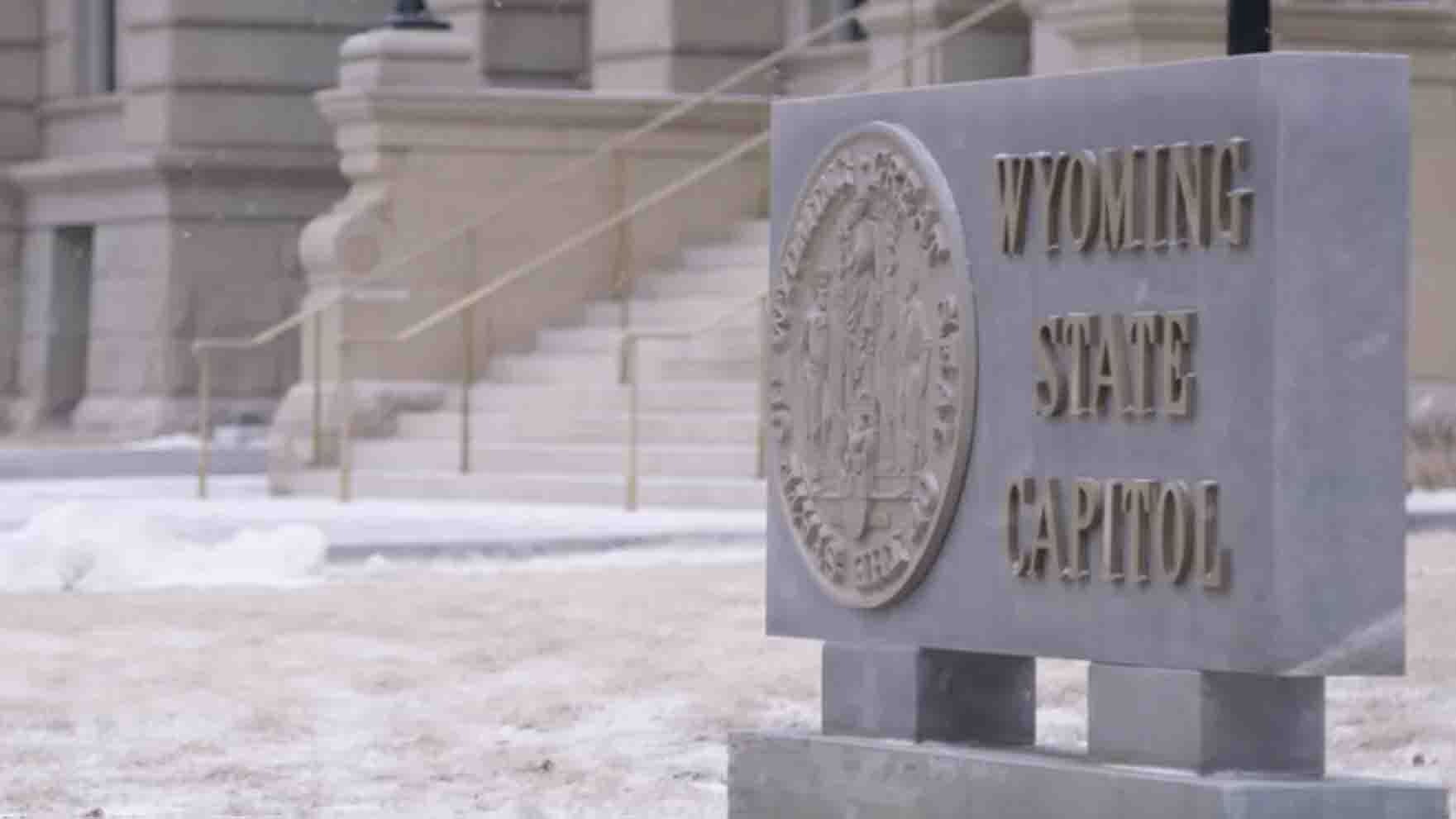Wyoming’s wide open spaces are refreshing to some, but desolate and lonely to others. And for those struggling with depression, the isolation can be literally fatal.
Wyoming health rankings in 2020 indicated that suicide was a leading cause of death in Wyoming for the ages of 15 through 24. And a recent Wyoming study conducted by the private Prevention Management Organization (PMO) showed that half of all residents in the state have been touched in some way by suicide.
That’s why a bill that would train students to recognize the signs of suicidal thoughts in their peers would be a benefit, according to freshman Rep. Rachel Rodriguez-Williams, R-Cody.
“I’ve met several families who have lost a loved one to suicide, particularly the youth, a child, and so often they tell a friend before they tell a trusted adult,” she said.
Williams has taken up a bill that was introduced in the interim last session which was supported by veteran legislators Sen. Hank Coe, R-Cody, and Rep. David Northrup, R-Powell.
Coe, who passed away a few months ago, and Northrup, who retired last year, had both served on the Joint Education Committee, where House Bill 175 has been considered.
And although the bill died in the interim, Williams has chosen to champion the cause, resurrecting it for the general session.
“After it failed in the House, I received numerous calls numerous emails from various suicide prevention advocates, across the state and in our local community, asking for it to come back,” she said.
Williams says the bill proposes an amendment to the Jason Flatt Act, which the state adopted in 2014, requiring teachers to be trained in suicide prevention methods. This bill would require school districts to provide suicide awareness and prevention programs to Wyoming students grades six through 12.
“I have been told by local school psychologists that up to 80% of the time, when a teen contemplates suicide, they tell a peer, they don’t tell an adult,” Rodriguez-Williams said. “And I’ve seen that firsthand.”
The statistic is confirmed by Terresa Humphries-Wadsworth, a licensed psychologist who for several years worked for the state of Wyoming in community suicide prevention – until all funding was cut for such programs in 2017.
But she’s still working in the field, now on a national level, and says that especially for youth, talking about suicidal thoughts is more than just taboo.
“In high school, friends are so important that what they think of them is so important,” she said. “When they’re encountering these kinds of problems, they may kind of hint to their friends of what this is like, early in their thinking process. But as they start spiraling down, they start withdrawing from their friends and their activities. And when they go silent, that’s when it’s really scary.”
Humphries-Wadsworth, who lives in Cody, points out that the bill being considered would give teens tools to help friends who are in trouble.
“There are so many teens at suicide funerals, who say, ‘He said this to me, but I didn’t know I didn’t know he meant death. If I’d known, I could have said something, I could have done something,’” she said. “And I think that’s what this bill is trying to do – give them knowledge and tools to help save their friends.”
Rodriguez-Williams said the bill does not require any funding.
“There’s no fiscal note tied to this bill at all,” she said. “And if it does pass, most school districts will access the suicide prevention experts in their respective counties.”
According to Rodriguez-Williams, if this bill passes, school districts can look into a number of different evidence-based programs that are proven to work.
“Suicide prevention has come a long way over the years,” she said. “We know what’s effective and what’s not. And it looks different in every community. So I think it’s important for school districts to choose programs that are right for them based on their demographics.”
The bill in question wouldn’t create “mini-counselors”, according to Rodiguez-Willams — just help students recognize signs that they may not have known about and teach them how to turn to a trusted adult, or to utilize services such as the 1-800 Lifeline number (1-800-273-TALK).
“But what’s most important is that we’re building resiliency in our youth,” she said. “And we’re also teaching new skills. We’re teaching youth to recognize the signs and symptoms that come along with suicidal thinking.”
Rodriguez-Williams isn’t alone in the fight. In addition to advocates like Humphries-Wadsworth, Rodriguez-Willaims said she’s had support from other suicide prevention stakeholders in Park County.
She emphasized again that there are no funds tied to this bill, which is why it could work.
“Prevention funds already exist at the county level, it’s not changing how these funds are dispersed or how they’re used,” she said. “It just simply allows school districts and schools to access services that are already provided. And the funding is already there, they can choose their own path.”
But the bill may not survive.
HB 175 was referred to the House Education Committee on March 4, but no hearing on it has been scheduled.
Friday is the last day for bills from the House to be reported out of House committees. Bills not approved by committee by the end of Friday’s work will generally not be heard on the House floor.





